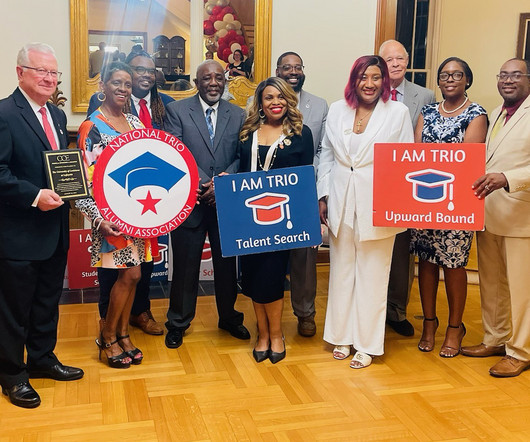Grassroots Push for Computer Science Education Gears Up
Diverse: Issues in Higher Education
DECEMBER 3, 2022
For close to a year, I have been strategizing and working with Randy Raymond, a software engineer at Google, to make access to computer science education the new “Space Race” and create models that schools can scale to deliver instruction to students. The school has an existing science, technology, engineering, and mathematics (S.T.E.M.)



















Let's personalize your content